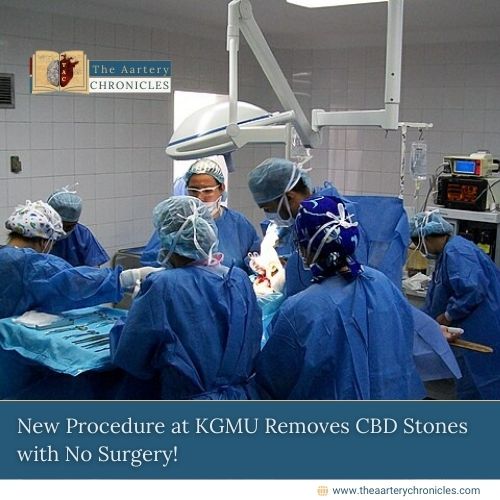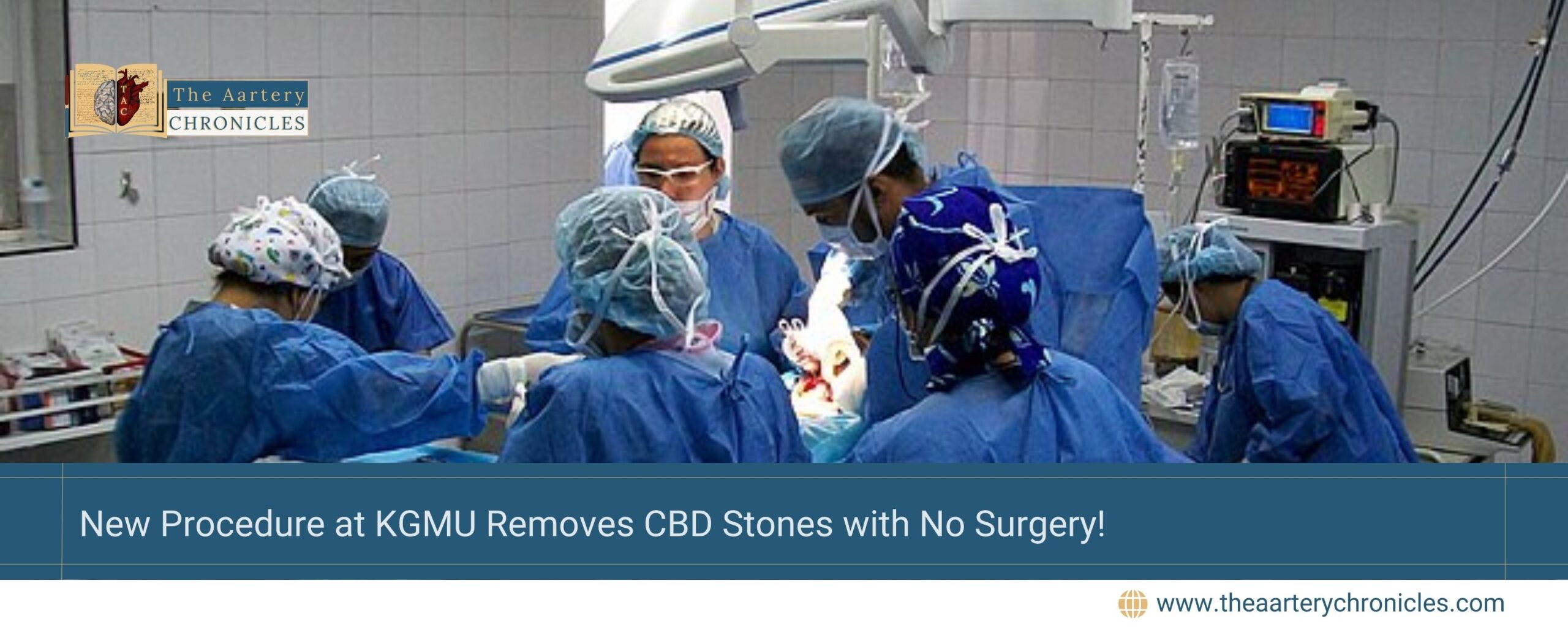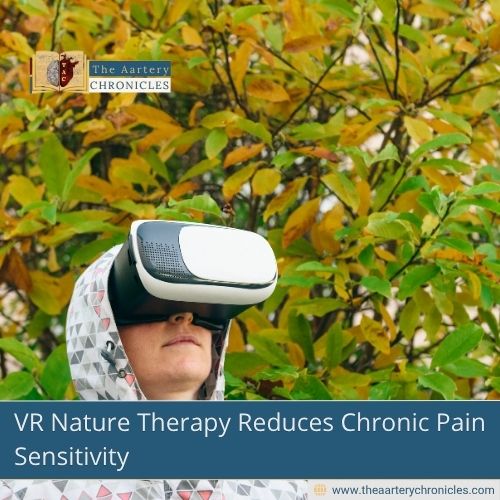

New Procedure at KGMU Removes CBD Stones with No Surgery
King George’s Medical University (KGMU) in Lucknow has launched a new, non-surgical procedure to remove common bile duct (CBD) stones, providing patients with a less invasive treatment option. This innovative procedure involves the use of a state-of-the-art ‘cholangioscopy’ machine, also known as the Spyglass system, which allows doctors to break and remove large stones through endoscopy.
Understanding CBD Stones and Their Causes
CBD stones are different from gallstones, although they are closely related. Gallstones form in the gallbladder due to an imbalance in substances like cholesterol or bilirubin found in bile. Sometimes, these gallstones migrate into the bile duct, resulting in CBD stones. These stones can be larger than one centimetre and may cause serious health problems.
While gallstones typically cause mild pain, known as biliary colic, CBD stones can lead to more severe complications, including jaundice, pancreatitis, or cholangitis. When it comes to treating CBD stones, patients have two main options: surgery or endoscopy.
Traditional Surgery vs. Non-Surgical Endoscopy
Previously, surgery has been the preferred way of eliminating CBD stones. However, surgery may not be appropriate for every patient. Elderly patients, those with other health issues, or individuals who cannot tolerate invasive procedures may struggle with surgery. Additionally, many young women prefer non-surgical options to avoid the risks and recovery time associated with conventional surgery.
Now, thanks to the Spyglass system, KGMU offers an advanced endoscopic solution for stone removal. This procedure is minimally invasive, meaning it requires no large incisions. Instead, doctors use an endoscope, a flexible tube, to locate and remove the stones, greatly reducing the risk of complications and providing a quicker recovery time.
Benefits of Cholangioscopy
The new cholangioscopy technique is beneficial for many patients. It is particularly advantageous for those who are not candidates for traditional surgery. Although this advanced procedure comes at a slightly higher cost, around Rs 10,000 to Rs 12,000 more than surgery, it offers several advantages, including:
- Minimally invasive: No large cuts or incisions are needed.
- Fewer risks: The procedure carries less risk than surgery.
- Faster recovery: Patients recover much more quickly, allowing them to return to their daily routines sooner.
Prof. Sumit Rungta, the head of the gastroenterology department at KGMU, shared that approximately 6-8 patients with large CBD stones visit the hospital each day. This new procedure will significantly improve the treatment options available, particularly for those who prefer to avoid surgery.
Safer and Efficient Treatment Option
Dr. Rungta emphasized that cholangioscopy could provide a safer and more efficient treatment option for patients, especially those who wish to avoid the risks of surgery. As the procedure continues to be available at KGMU, it represents a major advancement in the treatment of CBD stones, offering a modern solution for patients who require timely and effective care.
This addition to KGMU’s medical services underscores the hospital’s commitment to providing high-quality, patient-centered care through the latest medical technologies.
Source: Inputs from various media Sources
I’m a pharmacist with a strong background in health sciences. I hold a BSc from Delhi University and a pharmacy degree from PDM University. I write articles and daily health news while interviewing doctors to bring you the latest insights. In my free time, you’ll find me at the gym or lost in a sci-fi novel.









